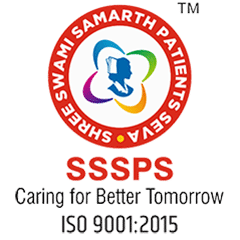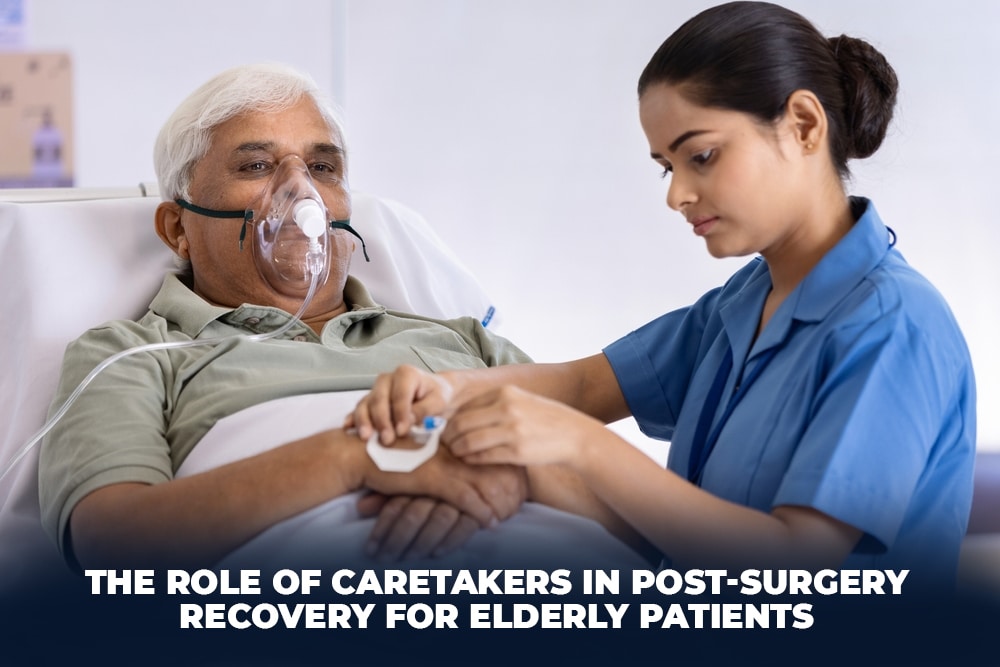Introduction
Post-surgery recovery can be a challenging period, especially for elderly patients. The importance of proper post-surgery care cannot be overstated, as it directly influences the recovery speed and overall well-being of the patient. This is where caretakers play a crucial role, ensuring a smooth and efficient recovery process.
Importance of Post-Surgery Care for Elderly Patients
Elderly patients often require specialized care and attention after surgery due to their age-related vulnerabilities. Proper post-surgery care helps prevent complications, reduces the risk of infections, and promotes faster healing. It also provides the emotional support needed to navigate the recovery phase.
Role of Caretakers in Ensuring a Smooth Recovery Process
Caretakers are trained professionals who assist patients with their daily activities and medical needs. They play an integral role in the recovery process by:
- Monitoring health conditions: Keeping track of vital signs and any changes in the patient’s condition.
- Assisting with medication: Ensuring that medications are taken on time and in the correct dosage.
- Providing physical support: Helping with mobility, exercises, and ensuring safety to prevent falls.
- Offering emotional support: Being a companion and providing psychological support to reduce anxiety and stress.
Challenges in Post-Surgery Recovery for Elderly Patients
Common Complications and Recovery Challenges
Elderly patients are more susceptible to post-surgery complications due to factors like weakened immune systems and pre-existing health conditions. Common challenges include:
- Infections: The risk of infections is higher in elderly patients.
- Mobility issues: Post-surgery pain and weakness can limit mobility.
- Nutritional deficiencies: Proper nutrition is critical for healing but can be challenging due to changes in appetite or dietary restrictions.
- Mental health: Post-surgery depression or anxiety is common in elderly patients.
Physical and Emotional Needs During Recovery
The recovery period can be physically demanding, requiring regular movement and exercises to regain strength. Emotionally, patients may experience fear, frustration, and a sense of helplessness. Addressing both physical and emotional needs is essential for a holistic recovery.
How Caretakers Assist in Post-Surgery Recovery
Medication Management and Wound Care
Caretakers ensure that medications are administered correctly and on time, which is vital for preventing complications and promoting healing. They also handle wound care, keeping surgical sites clean and monitoring for signs of infection.
Physical Therapy and Mobility Assistance
Physical activity is crucial for recovery, but elderly patients often need assistance. Caretakers help with prescribed physical therapy exercises, encouraging movement and helping prevent stiffness and muscle atrophy. They also assist with daily activities, ensuring safety and preventing falls.
Nutrition and Hydration Monitoring
Proper nutrition and hydration are critical for recovery. Caretakers prepare balanced meals that meet the dietary needs of the patient, monitor fluid intake, and encourage healthy eating habits.
Choosing the Right Post-Surgery Caretaker in Mumbai
Qualities and Skills to Look for in a Caretaker
When selecting a caretaker, consider the following qualities and skills:
- Experience and training: Look for caretakers with experience in post-surgery care and relevant medical training.
- Compassion and patience: Essential for providing emotional support and handling challenging situations.
- Communication skills: Ability to effectively communicate with the patient, family, and healthcare providers.
- Reliability and trustworthiness: Ensuring that the caretaker can be relied upon for consistent and attentive care.
Recommended Post-Surgery Caretaker Services in Mumbai
Shree Swami Samarth Patients Seva (SSSPS) offers top-notch post-surgery caretaker services in Mumbai. Known for their experienced and certified caretakers, SSSPS provides comprehensive post-surgery care packages that are tailored to the individual needs of each patient. Their services include:
- Personalized Care Plans: Customized plans that address the specific medical and personal needs of the patient.
- Experienced Caretakers: Trained professionals with extensive experience in post-surgery care for elderly patients.
- Comprehensive Support: Inclusive of medication management, wound care, physical therapy assistance, and nutritional monitoring.
SSSPS is dedicated to enhancing the recovery process, ensuring that patients receive the best possible care in the comfort of their own homes.
Conclusion
The role of caretakers in post-surgery recovery for elderly patients is invaluable. They provide the necessary medical, physical, and emotional support, ensuring a smoother and faster recovery. Investing in professional caretaker services is essential for the well-being of your loved ones, helping them regain their health and independence.
By understanding the importance of post-surgery care and the critical role of caretakers, families can make informed decisions to ensure the best possible recovery outcomes for their elderly loved ones.



